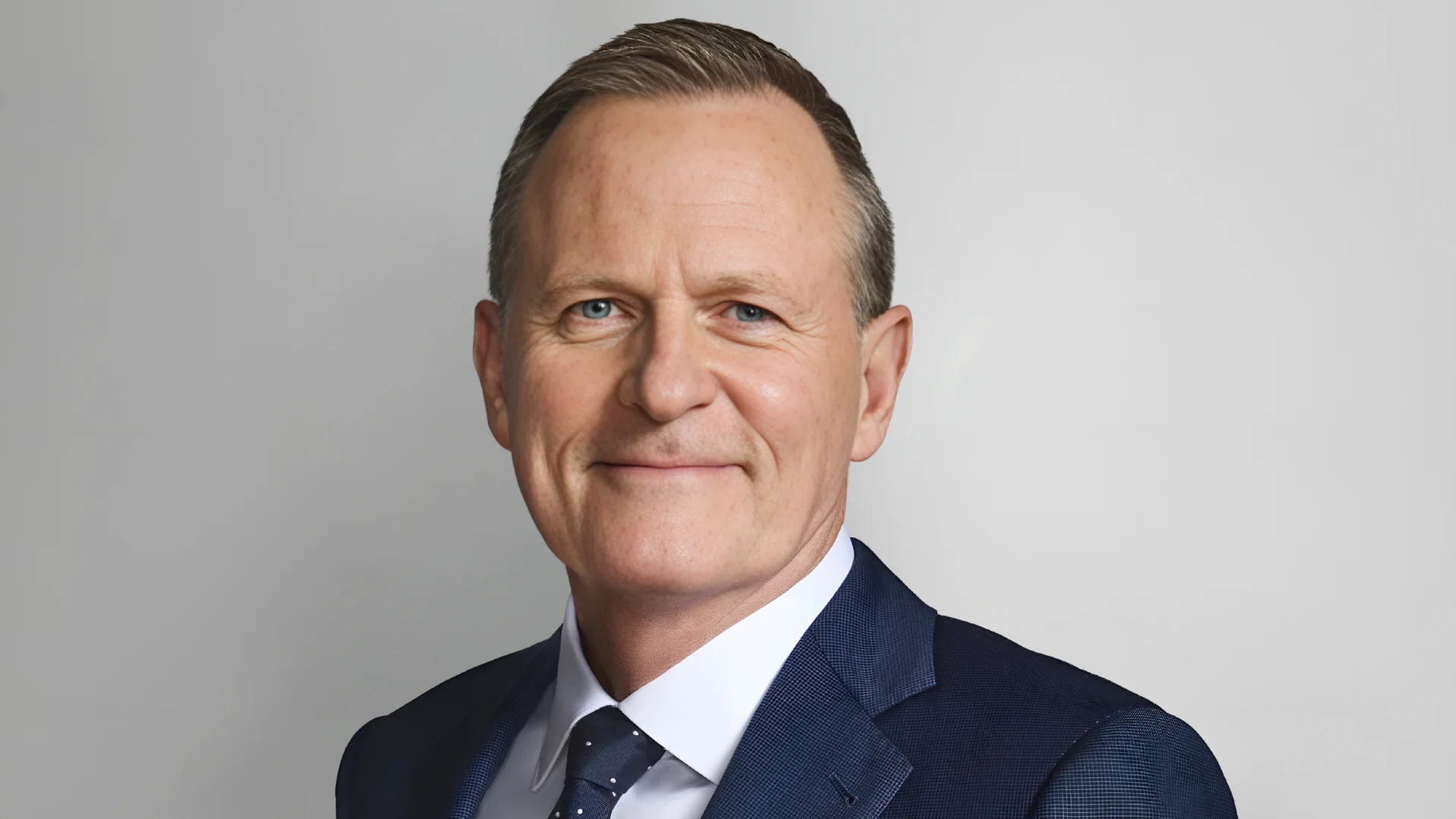Johnson & Johnson MedTech will present new data and innovations related to its Impella heart pump at the Transcatheter Cardiovascular Therapeutics (TCT) conference, scheduled for October 25–28 in San Francisco. The company plans to showcase long-term survival data from recent studies, including findings from the DanGer Shock randomized controlled trial published in The New England Journal of Medicine.
The Impella CP heart pump has been recognized for its benefits in treating cardiogenic shock, leading to upgraded recommendations in several global guidelines. Over the past 18 months, organizations such as the American College of Cardiology/American Heart Association (ACC/AHA), the American Academy of Thoracic Surgery (AATS), and European and American thoracic surgery societies have updated their guidance to reflect new evidence supporting the use of Impella devices. For example, the ACC/AHA recently upgraded Impella CP’s recommendation status due to improved survival rates in patients with acute coronary syndromes and cardiogenic shock, as detailed in a recent publication (https://pubmed.ncbi.nlm.nih.gov/40013746/). The European Association for Cardio-Thoracic Surgeons and partner organizations also recommended Impella as a Class 1 intervention for adult patients with cardiogenic shock (https://academic.oup.com/ejcts/advance-article/doi/10.1093/ejcts/ezaf330/8276891?rss=1).
Navin Kapur, MD, chief medical and scientific officer for heart recovery at Johnson & Johnson MedTech, stated: “Over the last two decades, we have defined and advanced the science of unloading. We are committed to leading in innovation – as demonstrated through nine generations of Impella CP – and tackling some of the greatest challenges in the cardiovascular space because we want to help as many patients as possible have an opportunity for heart recovery.”
The ninth generation of Impella CP features design improvements aimed at optimizing functionality and ease of use. Conference attendees will be able to view these updates at Johnson & Johnson MedTech’s booth.
Data from the DanGer Shock Randomized Controlled Trial confirm that patients treated with Impella CP experienced an absolute mortality reduction of 16.3% compared to standard care over up to ten years. On average, these patients gained about 600 additional days alive within that period.
During TCT 2025, Johnson & Johnson MedTech will also present new analyses from ongoing research on Impella support across various patient groups and procedures. Sessions will include comparisons between Impella-supported procedures and other interventions like intra-aortic balloon pumps.
Additionally, a lunch symposium titled “Elevating your Clinical Practice for the New Era of Treating Cardiogenic Shock Patients” is scheduled during TCT World Connect Symposium on October 27. Presentations will cover topics such as results from clinical trials and strategies for optimizing care in shock escalation scenarios.
Impella is described by Johnson & Johnson MedTech as a miniature heart pump inserted into the heart to temporarily take over pumping function during critical periods, allowing patient recovery while maintaining blood flow.
Johnson & Johnson’s cardiovascular portfolio includes technologies addressing conditions such as heart failure, coronary artery disease, stroke, and atrial fibrillation. The company positions itself as a leader in heart recovery solutions globally.
The press release includes forward-looking statements regarding future performance and product developments; readers are cautioned about potential risks or uncertainties affecting actual outcomes.
For more information about Johnson & Johnson MedTech’s activities or products showcased at TCT 2025, visit www.heartrecovery.com or https://thenext.jnjmedtech.com.
“Over the last two decades, we have defined and advanced the science of unloading,” said Navin Kapur, MD, chief medical and scientific officer for heart recovery, Johnson & Johnson MedTech. “We are committed to leading in innovation – as demonstrated through nine generations of Impella CP – and tackling some of the greatest challenges in the cardiovascular space because we want to help as many patients as possible have an opportunity for heart recovery.”

